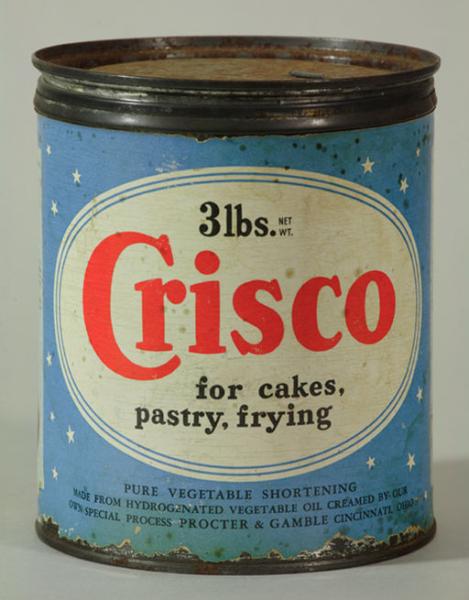“In a legendary 1993 paper, Professor Joel Waldfogel suggested that holiday gift-giving provides less of an economic boost (to the individual and the GDP) than we expect. The reason is the recipient’s dissatisfaction. A mismatch between what the giver expected and how the receiver felt could diminish the gift’s value by as much as one third.”
Elaine Schwartz, from Econlife, brings wraps a discussion of deadweight losses into a pretty little package, or as her title suggests, What We Might Not Want to Know About Gift Giving
“Nuclear energy gets a bad rap in some environmentalist circles, but many energy experts and policymakers agree that splitting atoms is going to be an indispensable part of decarbonizing the world’s electricity. In the US, nuclear power accounts for about two-thirds of all clean electricity, but the existing reactors are rapidly approaching the end of their regulatory lifetimes. Only two new reactors are under construction in the US, but they’re billions of dollars over budget and years behind schedule.”
For nuclear plants, it's time to stop thinking Chernobyl, from Wired, The Next Nuclear Plants Will Be Small, Svelte, and Safer
“Unlike lard, Crisco had a neutral taste. Unlike butter, Crisco could last for years on the shelf. Unlike olive oil, it had a high smoking temperature for frying. At the same time, since Crisco was the only solid shortening made entirely from plants...”
Crisco’s tale begins with Upton Sinclair’s The Jungle, veering through a young chemical company you might know as Proctor and Gamble, finding a niche as a convenient, modern way, to prepare foods. It helps us to understand why the pendulum swung towards labeling our foods. From The Conversation, How Crisco toppled lard – and made Americans believers in industrial food




